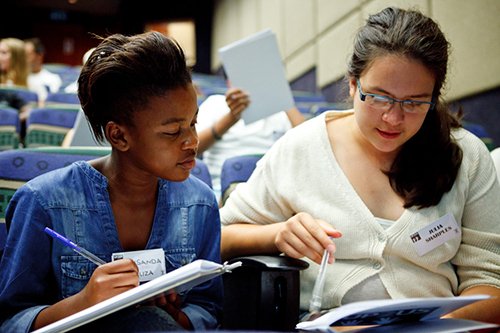
Societies with turbulent racial pasts face challenges and opportunities when shaping their country’s future. As we learned from Jonathan Jansen in my previous Global Search for Education article, education can play a critical role in bringing about positive change. Garantire agli studenti sono in grado di lasciare le aule pensare più compassionevole sulla vicenda, coltivare le competenze che li aiuterà a fare le scelte giuste, e consentendo loro di vivere come cittadini attivi e democratiche in un mondo del 21 ° secolo, sono tutti obiettivi critici.
Negli ultimi dieci anni, un'organizzazione educazione sudafricano chiamato Shikaya ha lavorato con gli insegnanti per raggiungere questi obiettivi. Il loro programma di base, Di fronte al passato – Trasformare il nostro futuro è stato sviluppato in collaborazione con Di fronte Storia e Ourselves ed è ora alla sua undicesima edizione. Esso ha formato centinaia di insegnanti in centinaia di scuole e influenzato la vita di studenti in tutto il paese.
Dylan Wray è il co-fondatore e direttore esecutivo di Shikaya. Egli ha coordinato il Di fronte al passato – Trasformare il nostro futuro progetto fin 2003. Mi raggiunge oggi in The Global Search per l'Educazione.

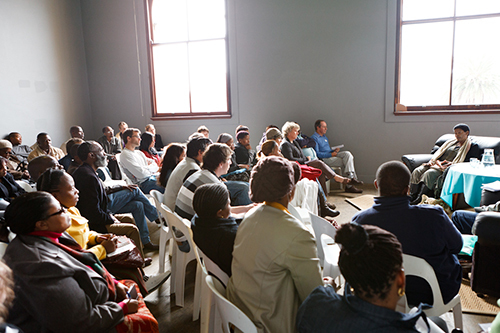
Che cosa si vede come il ruolo dell'insegnante nel preparare i giovani ad essere cittadini attivi e cura?
Shikaya sees teachers as being at the very core of ensuring success in schools. The teachers decide how their students will learn in their classrooms. It is the teacher who creates the space within those walls where the students can think about their thinking and behavior, o no. It is the teacher who shows his/her students through her own behavior, what it means to be compassionate and accepting of others different from themselves, o no. It is the teacher who creates the opportunity for young people to practice democratic thinking and action. Or she doesn’t and leaves it to chance (or somebody else) that they learn and understand what it means to be an active democratic citizen.
Questo, naturalmente, is a big ask. Not only are we expecting improved grades from teachers, but we also expecting them to shape the values, thinking and action of the young people under their care. But I think we often forget that teachers are also people – many with different values. They also carry their own prejudices, fears and insecurities into the classroom alongside their strengths and passion. So if we are asking of teachers to be these citizen creators, we need to support them on a personal as much as a professional level.
What do you see as the role of the parent?
Parents are central in developing democratic habits. Ricerca, per esempio, shows that if we include our children in our discussions about voting at election time and if we can actually take them with us to vote, they are more likely to vote themselves when they reach voting age. We took our three-year old sons with us to vote in our general elections just a few weeks ago. Beforehand we spoke about what we were going to do. They stood in line with us, looked over the ballot cards and watched as we made our choices. They were the ones who put the ballots in the ballot boxes for us. Just two days ago we drove past the voting station and we heard one of them say, “Look. That is where we voted.” They are learning the language and witnessing the act. By the time my boys are of voting age they will have had six more moments of voting with us. Six should be enough to develop a habit.

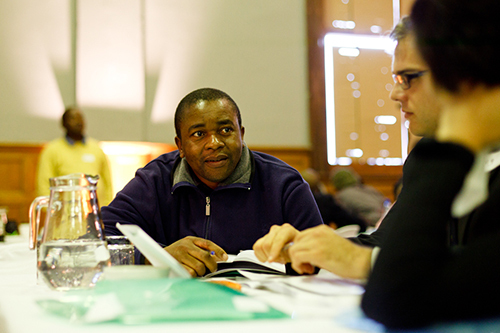
Can you speak a little about the work you are doing related to the Truth, Justice and Reconciliation Commission?
Three years ago Kenya began the Truth, Justice and Reconciliation Commission, which was formed to look into not only the post-election violence of 2007, but also the period after Independence. One particular feature of the process was that almost 9000 i bambini hanno testimoniato la loro esperienza della violenza post-elettorale e anche intorno a questioni di povertà, l'istruzione e la violenza sessuale. Coraggiosi i bambini di tutto il Kenya si presentarono i Commissari e raccontato le loro storie.
Io e Dr. Karen Murphy, il Direttore Internazionale di Storia fronte e noi stessi, è stato chiesto dal Centro internazionale di giustizia di transizione per creare un rapporto di bambino della TJRC.
We have tried to create a version of the main report that is both a resource for children and also a tool for teachers and others working with youth in Kenya. Our intention has been to capture some of the stories that children shared with the TJRC in a way that asks the reader, whether she is a teacher or a young Kenyan, to think deeply about their own choices and behavior.
We are in the final stages of writing, having recently undertaken a validation process in Kenya with various stakeholders, including children, insegnanti, principals and civil society. The response was overwhelmingly positive. We have some more to do to bring in the feedback we received from the Kenyan stakeholders, and we plan to release this children’s version mid-2014.

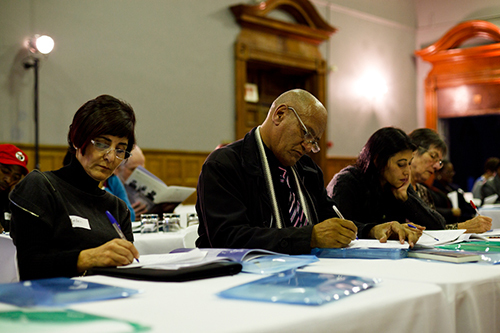
What are some of the best examples you have seen of school reform in South Africa?
One example comes from Jonathan Jansen, the Chancellor of Free State University who has already been featured in this series. He has recently published a very important book along with the filmmaker, Molly Blank. Their book, Come risolvere South African Schools, looks at eighteen case studies of schools that are successful despite being over-crowded, in poor and remote areas, or are surrounded by schools that are failing. But these schools, for a variety of reasons ranging from the leadership of the principals to the quality and passion of the teachers, are succeeding. The book contains short videos of these schools as well as a workshop guide, which I was asked to create, that allows schools that want to learn from these stories to engage with them in their staff rooms as part of their professional development programs. The solutions and improvement strategies that emerge from these schools are relatively simple and, più importante, have been shown to be successful in schools that face some very tough challenges. So if these schools can do it, then really, there is no reason why all the schools similar to these shouldn’t be able to succeed as well. We have just begun an important initiative to work closely with schools across the country using the case studies from the 18 successful schools as tools for turning other schools around.
How much focus has been given to great leadership in schools? Do you believe more needs to be done?
A few years ago, Pam Christie, the Dean of Education at the University of Cape Town, released a gem of research called Schools That Work. Her research showed that the quality of principal leadership was essential to the success of a school, and in successful under-resourced schools, when the principal left, the school’s performance immediately dropped. The depth of leadership in the schools did not generally extend beyond the principal. This was in contrast to more well-resourced schools where a change in principal didn’t necessarily see a drop in performance. Così, of course we need to be investing in supporting principals, but we also need to develop the school management teams as a whole if we want success to be sustainable.
Of equal importance are the district, provincial and national management structures as well. Too many people in these leadership roles have not been given the proper support and training to run very difficult and complicated systems. We often talk about the visionary principals but we also need to start talking about, finding, nurturing and developing the visionary managers of this system.

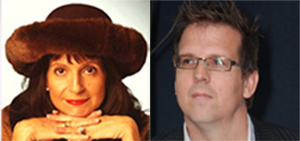
All photos are courtesy of Shikaya
For more information on Shikaya: http://shikaya.org/
Nel Global Search per l'Educazione, unirsi a me e leader di pensiero di fama mondiale tra cui Sir Michael Barber (Regno Unito), Dr. Michael Block (Stati Uniti), Dr. Leon Botstein (Stati Uniti), Il professor Argilla Christensen (Stati Uniti), Dr. Linda di Darling-Hammond (Stati Uniti), Dr. Madhav Chavan (India), Il professor Michael Fullan (Canada), Il professor Howard Gardner (Stati Uniti), Il professor Andy Hargreaves (Stati Uniti), Il professor Yvonne Hellman (Paesi Bassi), Il professor Kristin Helstad (Norvegia), Jean Hendrickson (Stati Uniti), Il professor Rose Hipkins (Nuova Zelanda), Il professor Cornelia Hoogland (Canada), Onorevole Jeff Johnson (Canada), Sig.ra. Chantal Kaufmann (Belgio), Dr. Eija Kauppinen (Finlandia), Segretario di Stato Tapio Kosunen (Finlandia), Il professor Dominique Lafontaine (Belgio), Il professor Hugh Lauder (Regno Unito), Il professor Ben Levin (Canada), Signore Ken Macdonald (Regno Unito), Il professor Barry McGaw (Australia), Shiv Nadar (India), Il professor R. Natarajan (India), Dr. PAK NG (Singapore), Dr. Denise Papa (Stati Uniti), Sridhar Rajagopalan (India), Dr. Diane Ravitch (Stati Uniti), Richard Wilson Riley (Stati Uniti), Sir Ken Robinson (Regno Unito), Professor Pasi Sahlberg (Finlandia), Il professor Manabu Sato (Giappone), Andreas Schleicher (PISA, OCSE), Dr. Anthony Seldon (Regno Unito), Dr. David Shaffer (Stati Uniti), Dr. Kirsten Immersive Are (Norvegia), Cancelliere Stephen Spahn (Stati Uniti), Yves Theze (French Lycee Stati Uniti), Il professor Charles Ungerleider (Canada), Il professor Tony Wagner (Stati Uniti), Sir David Watson (Regno Unito), Professor Dylan Wiliam (Regno Unito), Dr. Mark Wormald (Regno Unito), Il professor Theo Wubbels (Paesi Bassi), Il professor Michael Young (Regno Unito), e il professor Zhang Minxuan (Porcellana) mentre esplorano le grandi questioni educative immagine che tutte le nazioni devono affrontare oggi.
Il Global Ricerca per l'Educazione della Comunità Pagina
C. M. Rubin è l'autore di due ampiamente lettura serie on-line per il quale ha ricevuto una 2011 Premio Upton Sinclair, “Il Global Ricerca per l'Educazione” e “Come faremo a Leggere?” Lei è anche l'autore di tre libri bestseller, Compreso The Real Alice in Wonderland, è l'editore di CMRubinWorld, ed è un disgregatore Foundation Fellow.
Segui C. M. Rubin su Twitter: www.twitter.com/@cmrubinworld


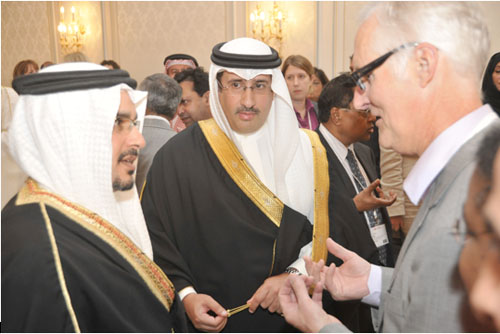
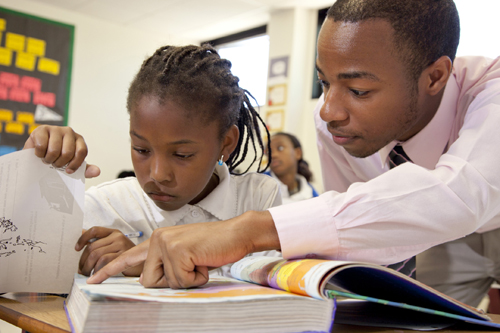
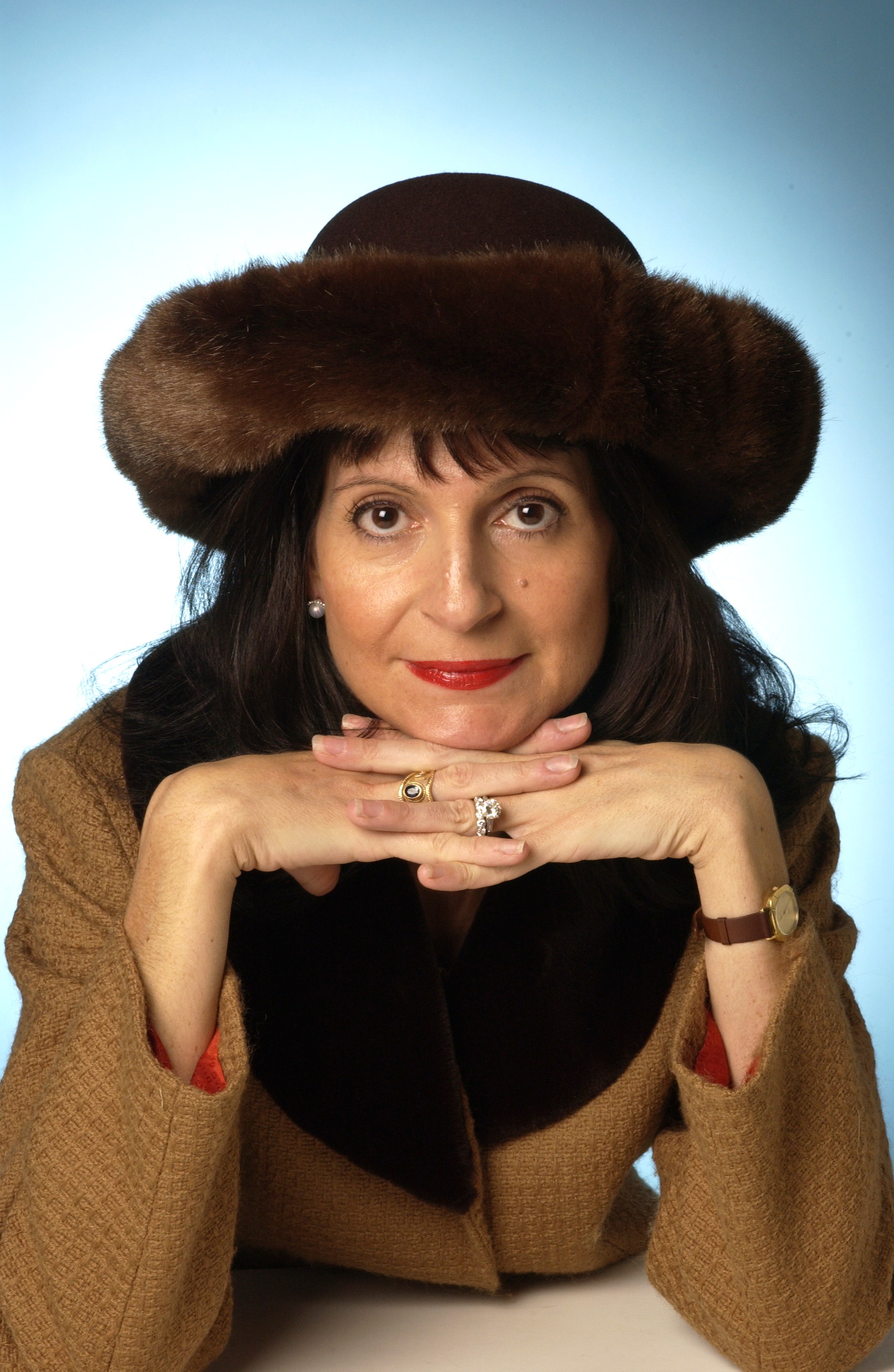
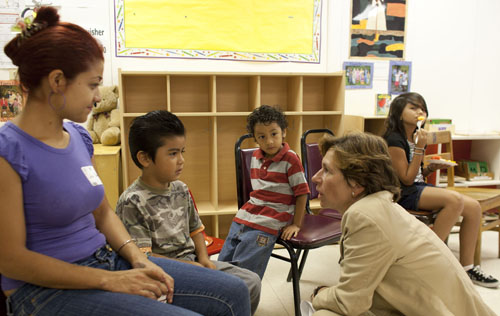
Commenti recenti